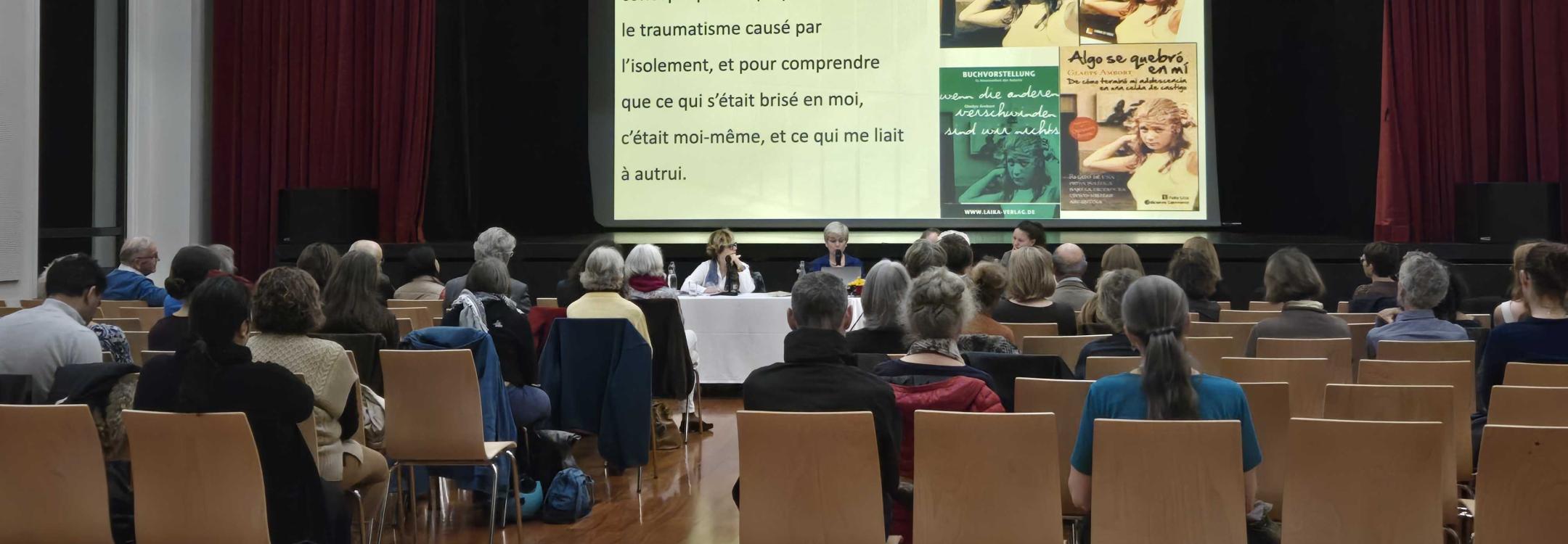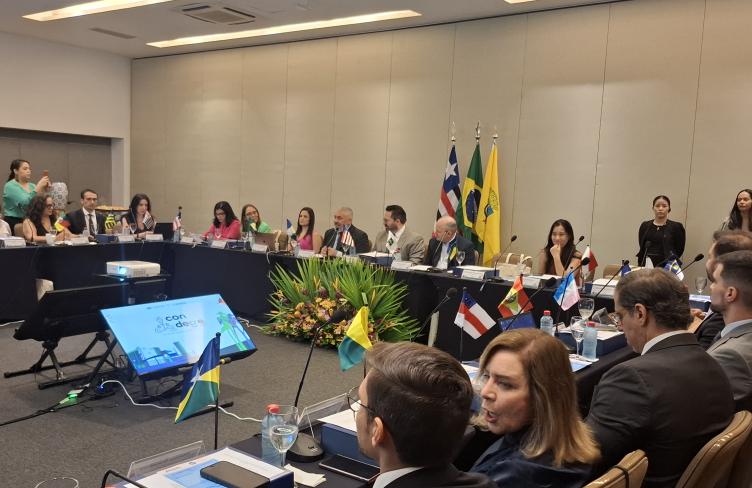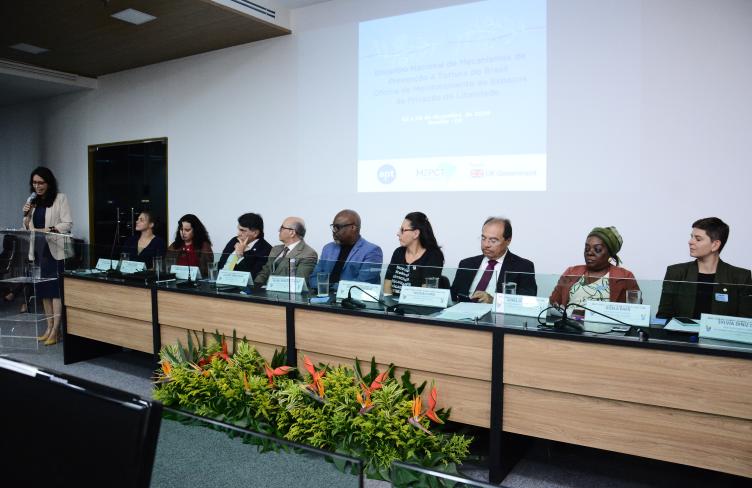
The 5th Jean-Jacques Gautier Conference took place on October 15, 2024, in Chêne-Bougeries, offering a compelling exploration of the human impact of solitary confinement in detention settings. This year’s theme, “Broken—Solitary Confinement and Its Impact,” centered on the powerful testimony of Gladys Ambort, a Swiss-Argentine activist who shared her experiences of isolation in detention in the 1970s in Argentina.
At just 17, Ms. Ambort was detained for her political activism and held in isolation for weeks, severed from all outside contact. Her experience, which she describes as “breaking something inside” her, became the foundation of her book "Solitary. Alone We are Nothing" (Original in French “Brisée – De la fin de mon adolescence dans une cellule d’isolement”). During her intervention, Ms. Ambort vividly recounted the severe physical and psychological effects of her confinement, a powerful reminder of the damaging impact that solitary confinement has on people. Today living in Geneva, her testimony underscored how solitary confinement, used as disciplinary measure or punishment in various systems, can lead to lasting harm.
The conference addressed the regulatory progress made since then, including the impact of the 2011 UN Special Rapporteur on Torture’s report, which criticised solitary confinement as potentially constituting torture or cruel, inhuman, and degrading treatment. These findings contributed to the 2015 revision of the Nelson Mandela Rules, which limit the use of solitary confinement, explicitly prohibiting both prolonged solitary confinement (lasting more than 15 days) and indefinite solitary confinement as well as its use for juveniles, pregnant or breastfeeding women, and people with disabilities.
Joining Ms. Ambort in the discussion were Dr. Catherine Paulet, a psychiatrist with extensive experience visiting detention facilities, and Ms. Anne-Julie Deniel, from the International Committee of the Red Cross (ICRC), specialized in protection for persons deprived of liberty. Dr. Paulet shared insights on the severe health impacts solitary confinement inflicts on mental and physical well-being, while Ms. Deniel highlighted the normative and monitoring frameworks that aim to limit the use of solitary confinement.
The event was moderated by Prof. Roth, President of the Association for the Prevention of Torture (APT).
This conference is part of a larger series established by the APT in partnership with the Commune of Chêne-Bougeries to honor Jean-Jacques Gautier, founder of the APT and a native of Chêne-Bougeries. Since its inception in 2018, the Jean-Jacques Gautier Conference series has provided a space for the local community to engage on issues surrounding deprivation of liberty and human dignity. Each conference explores a distinct theme—past topics include women and youth in prison, the legacy of Gautier’s work, and the impact of war on torture—serving as a platform for dialogue among people from diverse backgrounds.
More information about APT work around the issue of solitary confinement can be found here. See also APT latest publication Mapping Solitary Confinement | APT authored by Dr. Sharon Shalev.



